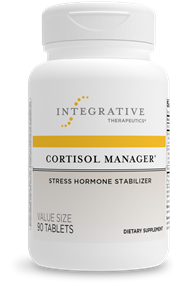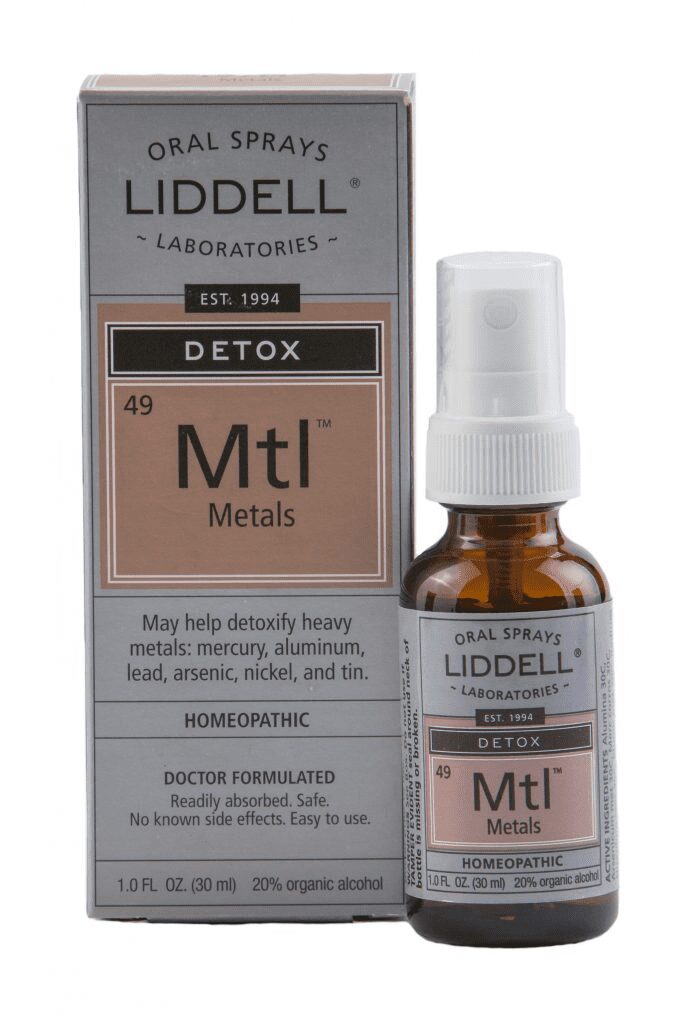Selenium 60 caps previously Selenomethionine M225
Selenium previously Selenomethionine Warnings – ALLERGY WARNING – This product is contraindicated in an individual with a history of hypersensitivity to any of its ingredients.
PREGNANCY WARNING
If pregnant, consult your health professional before using this product.
INTERACTIONS
There are no known adverse interactions or contraindications at publication date.
Key Ingredients
Ingredient Amounts
Serving Size: 1 Capsules
Servings Per Container: 60
| Name | Amount |
|---|---|
| Selenium (Selenomethionine) | 200mcg |
| Other Ingredients: Hypromellose Capsule, Microcrystalline Cellulose |







